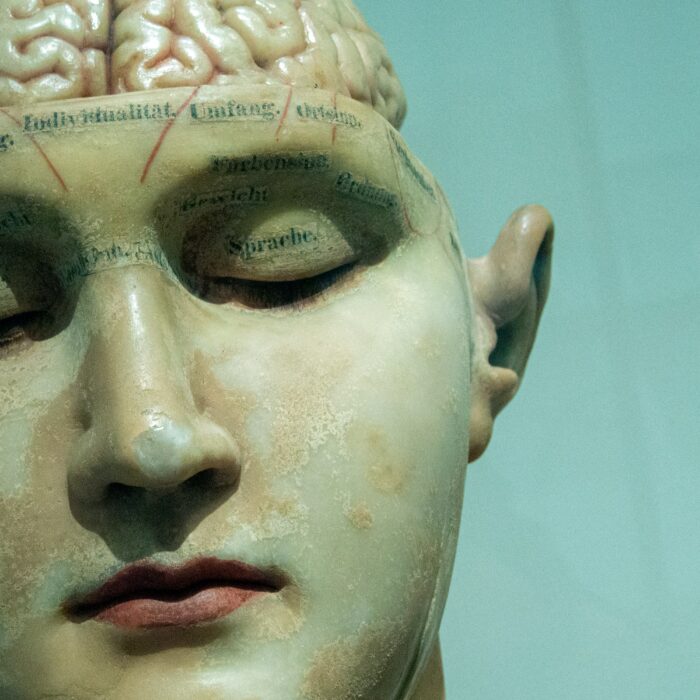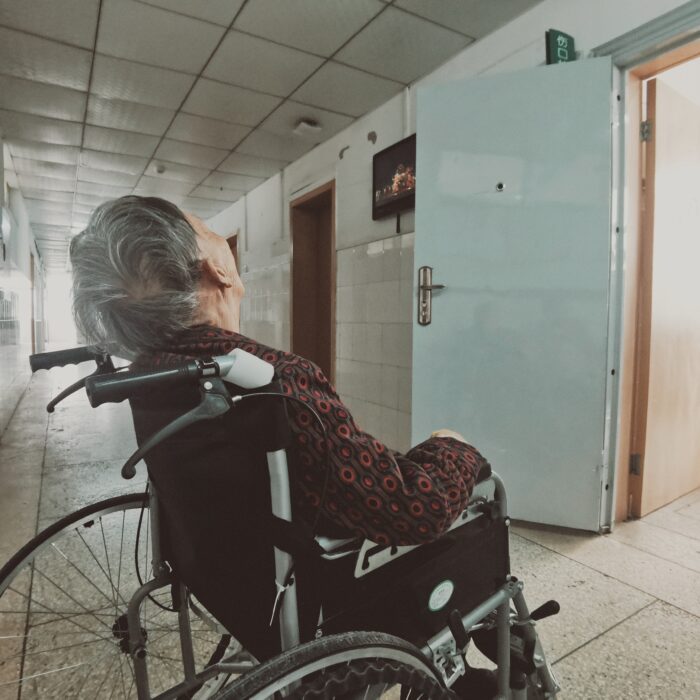You have no items in your cart. Want to get some nice things?
Go shopping In America, you were a teaching assistant, and you were officially poor. They paid you in biweekly checks, and you know now what a good thing that was. You spent the first on rent and frozen food; with the second you bought happiness at discount stores.
In America, you were a teaching assistant, and you were officially poor. They paid you in biweekly checks, and you know now what a good thing that was. You spent the first on rent and frozen food; with the second you bought happiness at discount stores.
India is different. Your salary comes in on the last day of every month. On the very next day, you settle accounts with your landlady; half of what you make goes to her, once you factor in electricity and the water bill. Lucky thing you decided to get that hot plate after all, or there would be a gas bill too. Hot plate cooking suits you. In any case, all you ever make is brown rice and some sort of sautéed vegetables Perhaps a chicken or an egg curry, an omelette, or crisp sausages on a lazy, wintry Sunday morning. It isn’t easy to get fresh fish in Delhi, and it’s just as well. You get plastic bags of frozen bass, and little shrimps, rubbery and opaque, at the corner store. Once, on a whim, you brought some home; tried to cook it like your mother and grandmother did. It was the beginning of September, you remember still, and you got a can of coconut milk, a packet of bay leaves, a box of mace. Then, when you had the shrimp and spice mix in the wok, you put in too much sugar and ruined it all. It looked lovely, though. You took a picture of the shrimp swimming in the creamy coconut sauce, topped with a sprig of cilantro, and posted it on Facebook. The ninety people who liked it don’t know you had a bun and jam for dinner that night.
When you’ve paid your landlady, and been reminded again that you must not be home so late, so often; that you must not have men in your apartment again; that she’s smelled smoke, heard your boisterous parties three weekends in a row and she has trouble sleeping anyway; there still are twenty-nine days to live on a pittance. So you go out and get your Metro card, which will let you commute to and from work without worry, and since all this compulsory existential activity has depressed you, and it is Sunday (we will imagine this is Sunday), you walk into Maxim’s bakery and candy store and buy yourself a bag of unnecessary and cloying sweet, sugared pink and white marshmallows. You take a detour through the blurry, bright Lajpat Nagar bazaar on your way home, and methodically eat your way through half the bag; pink first, then white; pink, white; pink, white.
The first weekend, your friends are over with their own bottles. You rustle up a starter with eggs and pork salami and tomato and whatever herb you’ve got and serve it out of mismatched melamine plates; nobody seems to mind. People drink whiskey from real glasses and vodka out of plastic cups you’ve rimmed with lemon juice and salt. They sit cross-legged on your floor cushions and on the striped Aztec rug you bought at a criminal price from Dilli Haat. There’s music; someone has brought a guitar, a harmonica. You wonder, irrelevantly, in the moment when you’re alone in the space between the kitchen and the living room, if these people, the ones you’re entertaining, the ones you smoke up with, go shopping with, work with, and drink with, are really your friends.
Till the middle of the month, you settle into the cocoon of middle-class life. Your luxuries are measured, lucid. You walk to the metro station on your way to work but allow yourself a rickshaw ride on your way home. You buy broccoli and carrots and cauliflowers and peas instead of just sweet potatoes and cabbage. You get your hair washed at the little basement salon called Freesia and lie back in their deep, deep chairs; take in the scent of citron and roses and the rich, expensive shampoo the soft-voiced therapist works into your scalp.
Your lover comes to see you on a slow Wednesday evening; you get very drunk and make love in a tangle of coverlet and sheets, not feeling the cold, and afterwards you feed each other chocolate and cheese, for dinner. He decides to stay the night, and he rubs your name brand body butter into your expansive back and your long, long legs (he says), but the next morning your head hurts from the stiff drinks and you kiss him carelessly on the ear when he wakes you. You don’t see him to the door.
You begin to give up on small indulgences after the fifteenth. You no longer buy meat and live for a while on eggs and cereal, go without the usual plate of idlis at lunch for a day or two, walk the kilometre from the metro station to your apartment each evening. You give up eating out entirely and prepare a brown bag lunch to take to work. You drink about ten cups of coffee at work so you don’t spend on beverages to drink at home. Then on the twentieth, the man you rent your fridge from knocks in the evening. He settles himself on a cushion, complains of lower-back pain, and wonders why, after all these months, you still don’t have a sofa. He knows of some good deals in the local furniture market. You ferret out the money owing to him, serve him tea, discuss the weather. Delhi winters are cruel. You need another jacket, perhaps a shawl too. Your old boots are falling apart.
You really can’t put it off any longer, so you go, another Sunday, to the Saket malls, and luckily there’s a sale, for one reason or another, and they have an offer that if you buy two things you get a tee shirt free, but if you spend so much, you actually get a thirty percent discount. You know you can’t spend so much. You can’t even afford those two dinky little blouses in eyelet lace (so inappropriate for winter). But you buy yourself a dark blue sweater with a gold zip detail on one shoulder, a black cardigan, and a white tee shirt. Classics, you tell yourself, and you can wear the tee shirt all year, it’s a good fabric, it’ll last. The perfectly made up shop assistant makes out your bill. You wonder if she’s paid better than you. Certainly, she’s better kept up.
You decide to go without cigarettes for a week.
It’s hell. You can’t sleep. The tips of your fingers and toes feel hot and brittle as if they’re about to fall off. By the fourth day, if you spread your fingers wide apart, you’re almost sure you can see some tremor. So you give in and buy a cheaper brand. You smoke five a day instead of ten.
You wear the new tee shirt over black jeans and slip the cardigan on; this is what you wear to work one day, late in the month. You’ve swiped on dark pink lipstick and put on mascara. Your boots are the only old thing, you will buy new shoes next month (by then it will be summer and sandals are much cheaper) and thank God, nobody can see your bra (you haven’t bought a new bra in a year), and you know you look great. They swear at work they have never seen you looking so good. You’ve forgotten your lunch, so they offer to share their own, but you have too much to do, too many copy edits to run, and you don’t take a break at all unless it is to get another refill of sweet, milky latte.
And now you’ve caught something coming home all those late evenings, or perhaps from someone on the packed train. You’re sniffling, and your nose begins to run. The next day, you wake up with a sore throat and a fever. You heat water and drink it in great gulps, and eat dry corn flakes and an apple by way of breakfast. You make a sandwich to take to work, remembering that your body needs nourishment in its febrile state, swallow a paracetamol tablet, drop a strip of them into your cavernous purse, and leave.
By the end of the day, you aren’t feeling better. You have not smoked (what a difference it makes to your expenses!), drink tea instead of coffee, and left work early. At home, you throw your handbag aside and crash on the queen size mattress, drawing the covers to your chin. You shiver a little. You need to see a doctor. And he will probably ask you to get tested for dengue. You don’t want to get dengue. You don’t want to see a doctor at all.
But you make the trip. You take a friend with you. You do not walk but take an auto. You wait for forty minutes wrapped in your old and sturdy jacket with the hood drawn over your head and your feet in thick socks and your old boots, while your friend gives you the latest on her boyfriend situation. Then you’re called in; your tongue, throat, chest, weight examined, your lifestyle dissected and your prescription written. You have not been asked to take any tests. It is viral fever you’ve got. Paracetamol and plenty of fluids will take care of it. Six hundred, please. The doctor writes out a receipt you have no use for; your company does not offer medical benefits.
You take a day off and spend it in bed reading between spells of sleep. You throw caution to the winds and order Tibetan take out and wipe your eyes and nose between mouthfuls of pungent shapta. Tentatively, you light a cigarette, but your throat hurts too much; you put it out. You try to clean your living room but end up falling asleep on the spare mattress. At night, on the phone with your mother, you marvel at how you’ve gone an entire day without having spent a penny, but then you remember the takeout.
You go back to work. You smoke less frequently, and when you do, it’s the cheaper brand, the smell of tobacco stronger about you when you get back into the office. You go over your pulse points with a jasmine-scented purse rollerball; it’s nearly depleted, you’ll have to buy more soon. You have gone back to eating no lunch, often no breakfast either. You cook dinner lovingly, with fastidious, meticulous care. But in your red and yellow embroidered cotton kurta, and in the beige linen pants and floaty white scalloped tunic you’re hungry. In your green silk skirt and black blouse with the deep scoop at the back, you’re hungry. You wonder if your co-workers, the people on the train, at the stations, your neighbours, your landlady, the storekeepers, or your lover know that. You laugh at their jokes and edit your way through hundreds of pages of flawed grammar and syntax, you arch your body to meet his on your queen size mattress or on strange beds in this benighted city, and all the while, if it is after the twenty-fifth of any given month, you’re hungry.
For amusement’s sake, on the twenty-sixth, you count what money you’ve got. You’ve never saved anything; your assets are all in your purse. There are just a few bills, and enough coins to build a high tower on your coffee table. You flick a finger at it, and it topples to a heap of dull metal on the scrubbed wood. Bread money. Bread and eggs will do for four days. Then you remember it’s a thirty-one day month.
You ask your mother for a loan, and she turns you down. No loan you’ve taken from your mother has ever been paid back. She reminds you of this. You call an old friend in a different city and jest crudely about your own impoverishment. You hope, perhaps, that he will loan you some money, just until things get better. Delhi is so expensive, he agrees, and orders you a giant pizza. To cheer you up, he says. It arrives in thirty minutes. You eat your way through it for a day and it’s still not finished. On the second day it’s hard as a brick. You throw it down from the balcony to the neighbourhood dogs.
If you’re lucky, at a time like this, when it’s still a day or two before the paycheck comes in, you’ll find a bottle of whiskey you had forgotten all about. It might be on a kitchen shelf you don’t often reach, or stashed away behind layers of seasonal clothing in your wardrobe. You’ll pour yourself a large one and settle down in the strip of balcony you’ve got, where the now browned frangipani leaves its flowers for you in the summertime, and blithely contemplate suffering.

About Malini Bhattacharya
Malini labors at content development by day and moonlights as a writer of fiction by night. She took degrees in English literature at Jadavpur University, Calcutta. She likes Proust and Munro with excess fervor, and has a decided dilettantish leaning toward the arts.




